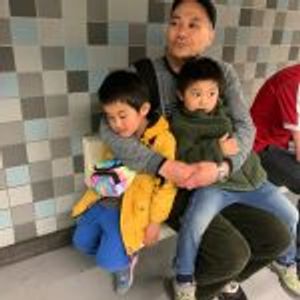With its 10th installment on the horizon for next year, the festival featured performances by Japanese artists such as DJ NOBU and ¥ØU$UK€ ¥UK1MAT$U (Yousuke Yukimatsu).
Dekmantel Festival had its inception in Amsterdam, the Netherlands, in 2013, marking the initial step towards the swift global acclaim of the Dekmantel name.
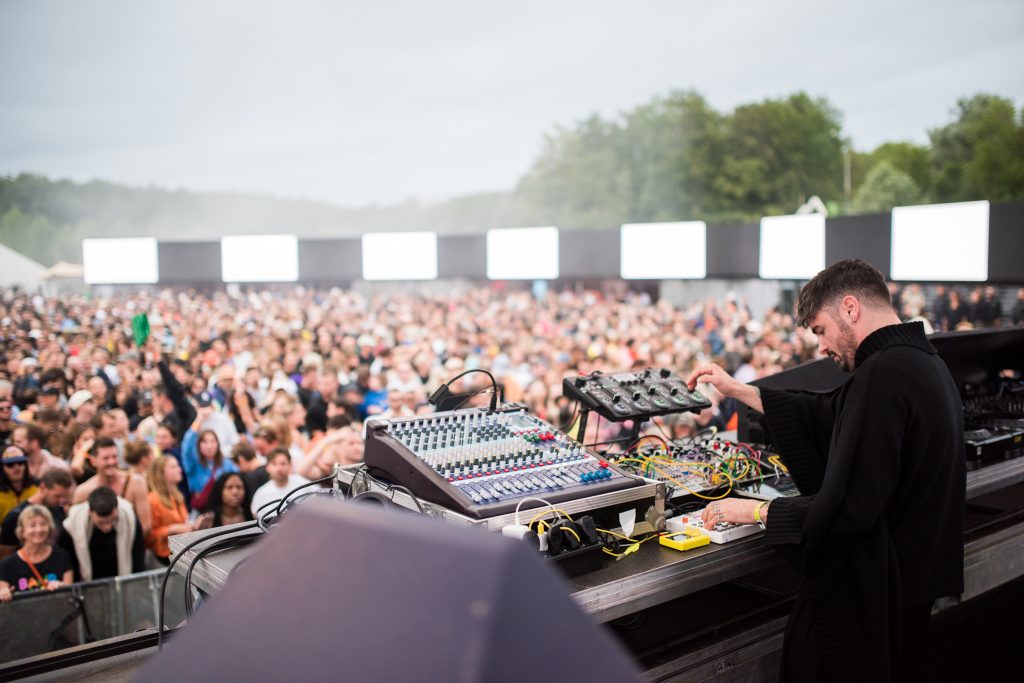
Dekmantel Festival 2023
The origins of Dekmantel trace back to 2007 when it began as a techno and house club party, taking place at Amsterdam’s renowned venues like Studio80. While it was initially founded by three individuals, also known as Dekmantel Sound System, the only remaining active member today is Casper Tielrooij.
They established a record label under the same name in 2009. Also, they started the Lente Kabinet Festival in 2012 and Dekmantel the following year. Furthermore, they’ve been holding the Dekmantel Selectors Festival in a resort area in Croatia since 2016 and broadened their global collaborative events. Similarly, in Tokyo, it was organized as a club event over two days at Shibuya’s Contact in 2016.
Ahead of its 10th anniversary next year, the festival featured Japanese acts such as DJ NOBU, an acclaimed artist in the world techno scene, and Osaka-based local underground hero ¥ØU$UK€ ¥UK1MAT$U (Yousuke Yukimatsu).
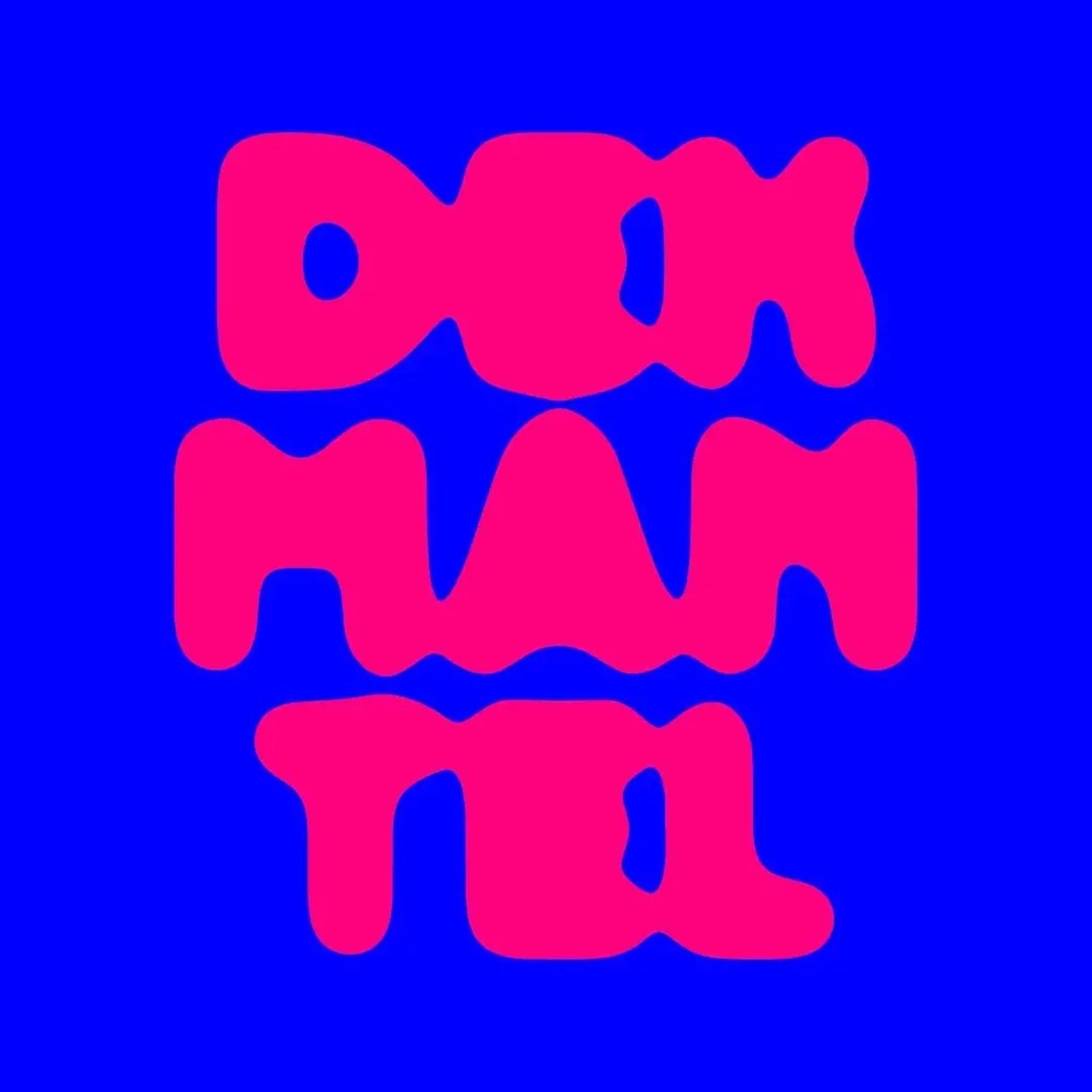
Dekmantel spans five days over the first weekend of August. While it initially began as an outdoor festival in the Amsterdamse Bos Park, it has evolved with the current trend of urban festivals. The first two days now feature various venues within the central area of Amsterdam, incorporating conferences and club-related content.
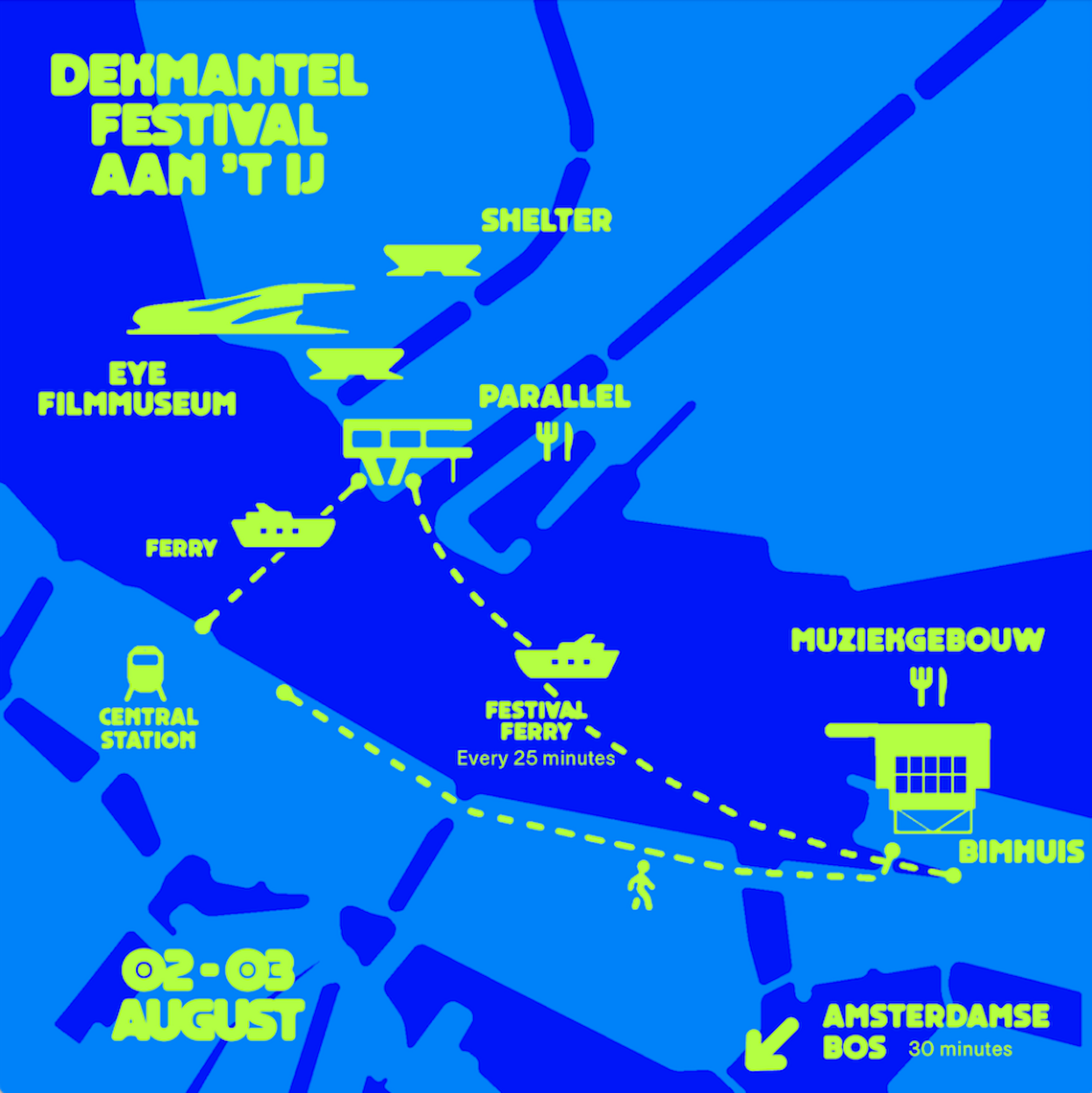
Jeff Mills presents Tomorrow Comes The Harvest caught the most attention during the opening concert on the first two days.
“Tomorrow Comes The Harvest” is an entirely improvised work released by techno icon Jeff Mills in collaboration with the founder of Afrobeat, Tony Allen, and veteran keyboardist Jean-Phi Dary in 2018 under Blue Note Records.
Following Tony Allen’s passing in 2020, Jeff, working closely with Jean-Phi Dary and the acclaimed tabla player Prabhu Edouard, reimagined the concept of “Tomorrow Comes the Harvest.” Initiating a fresh project, they curated a distinctive lineup for this particular performance, introducing not only the trio but also Rasheeda “Ra Flautista” Ali, a flutist renowned in Atlanta’s jazz scene.
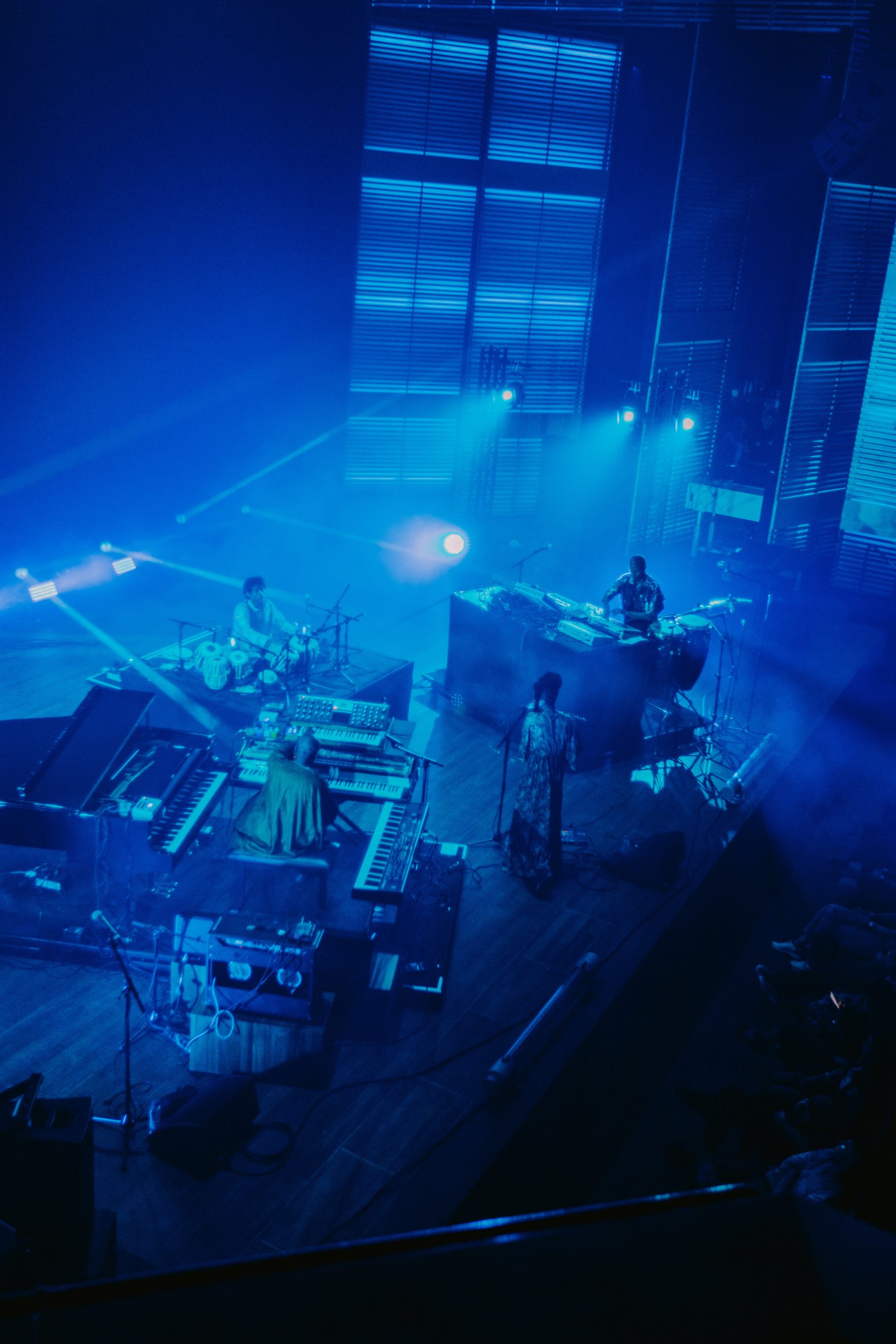
Jeff Mills’ drum machine assumed a prominent role as the live performance started, seamlessly blending with keyboards, flute, and tabla. The soothing tones evoked a sound reminiscent of the earth’s lament, enveloping the entire venue.
The outstanding moment was the session of Percussionist Prabhu Edouard’s tabla and Jeff amidst the performance. Despite its apparent simplicity, the exchange between the lightning-fast tabla and Jeff’s drum machine, which appeared almost superhuman, captivated the audience with its exquisite interplay and unrelenting progression.
I was blown away to see the staggering passion for music and the seamless improvisation by the maestros, who effortlessly wielded techno, world music, jazz, and classical elements on an epic scale.
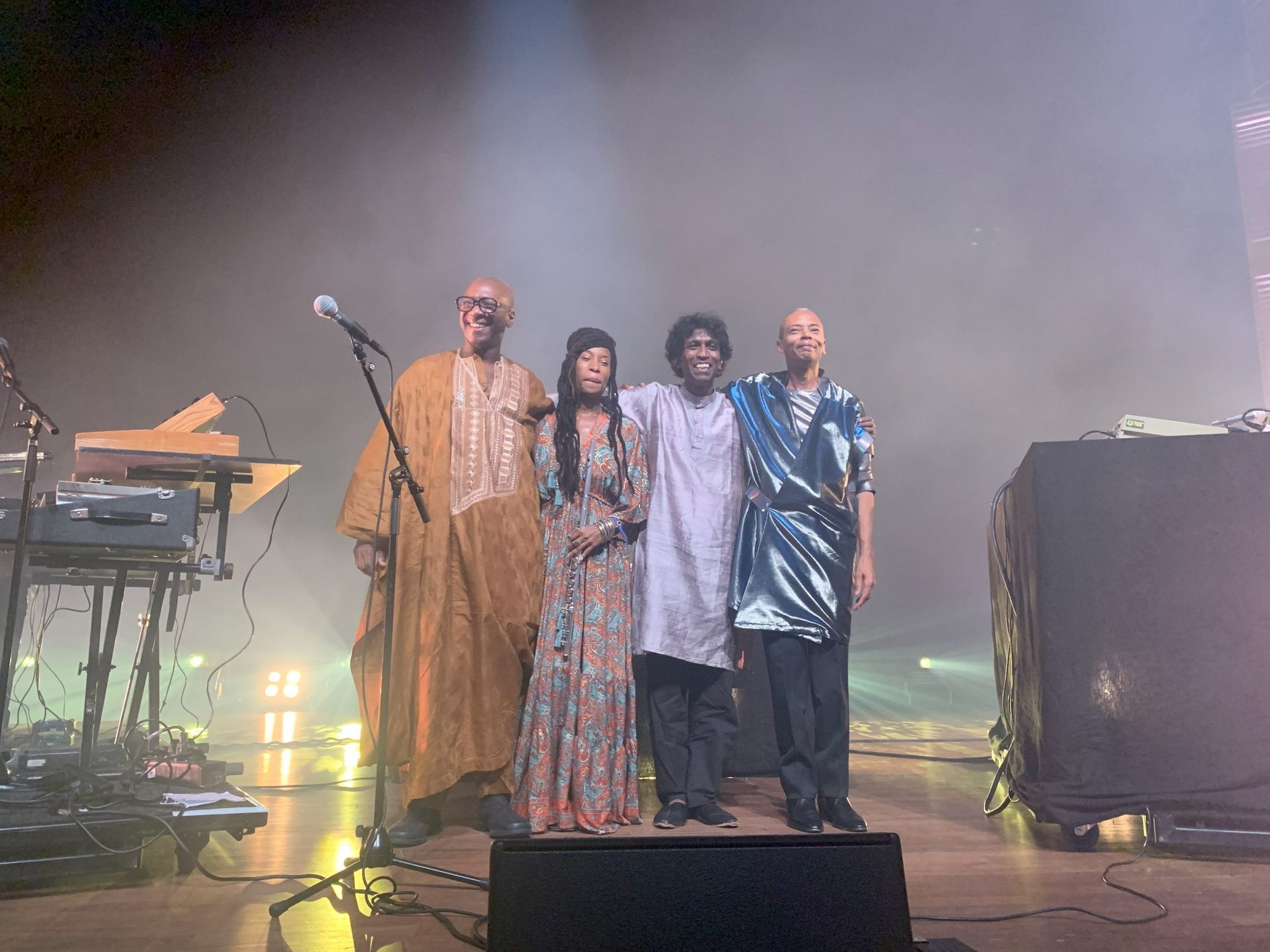
The festival shifted its venue to Amsterdamse Bos Park to initiate the outdoor program from day 3. The eight stages were spread across the extensive forest, uniting artists from various parts of the world, focusing on Europe covering various musical genres, such as techno, house, and breakbeat.
The symbolic main stage of Dekmantel transformed, rebranding itself as THE LOOP. Notably, the DJ booth was downsized, and the festival has removed the once-dominating large circular roof covering the dance floor and the iconic tower. However, the characteristic visual screens encircling the dance floor have remained. As the sun went down, these screens continued to captivate the audience with mesmerizing visual effects, immersing them in a psychedelic realm. Alongside the world’s top-notch Function One speaker system, the result was the creation of a splendid dance floor experience.
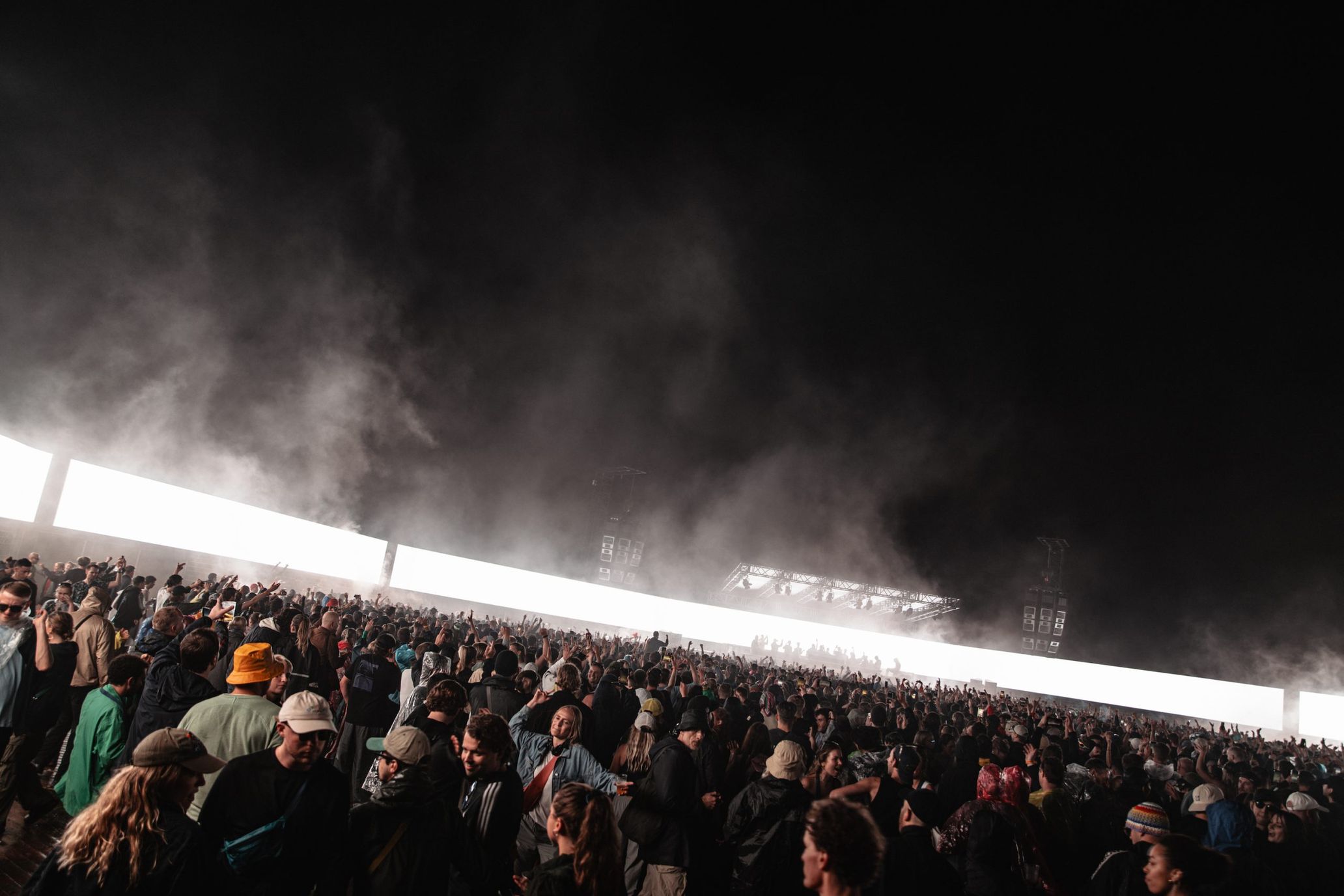
Exploring the Selector’s Stage to Dive Deeper into the Festival’s Musical Taste
Some fans might be captivated by Dekmantels’ refined musical taste. While you can appreciate their sense of taste through releases and podcasts from their label, I recommend attending the Selector’s Stage at their festival to delve even deeper into their musical taste.
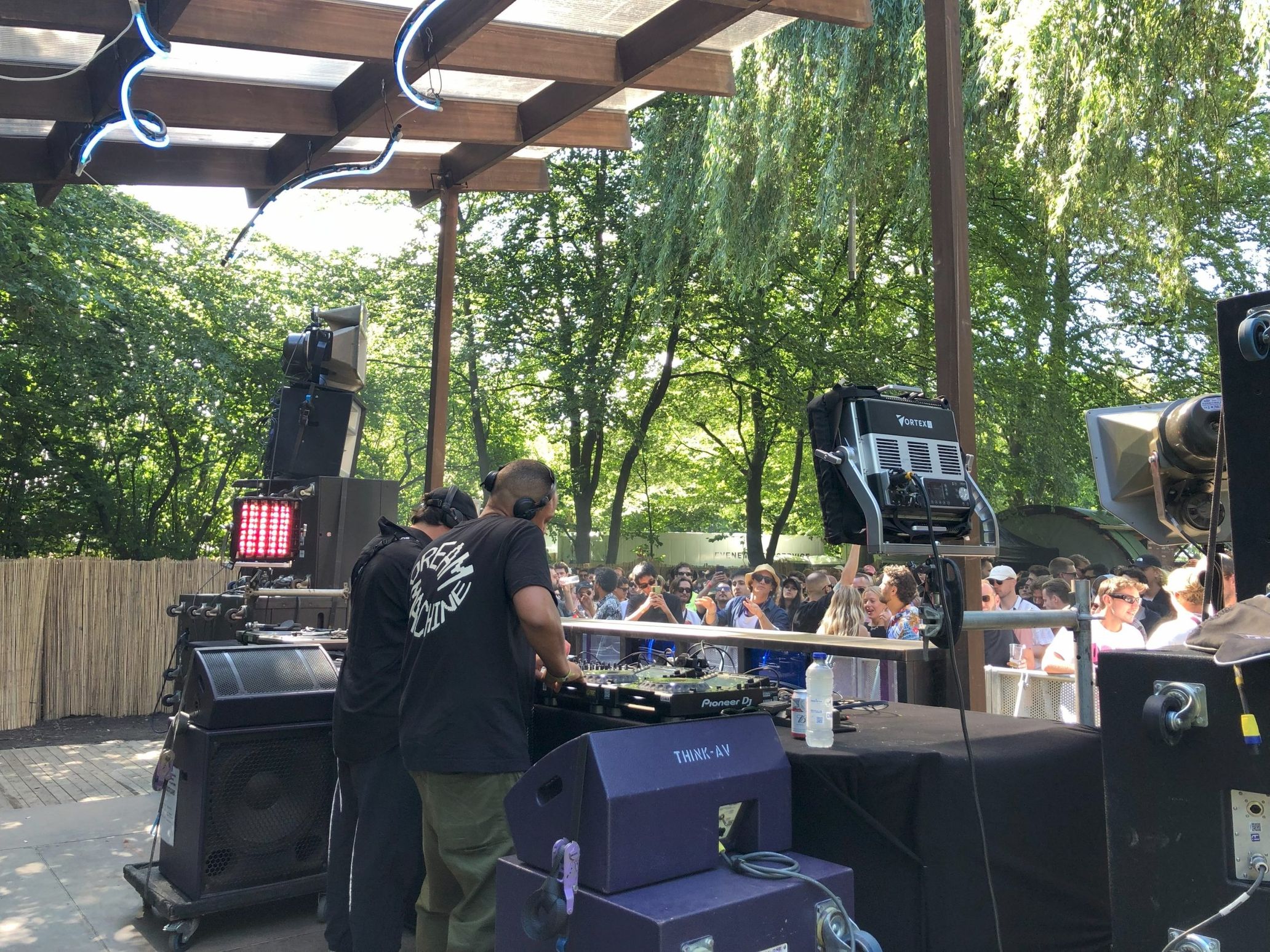
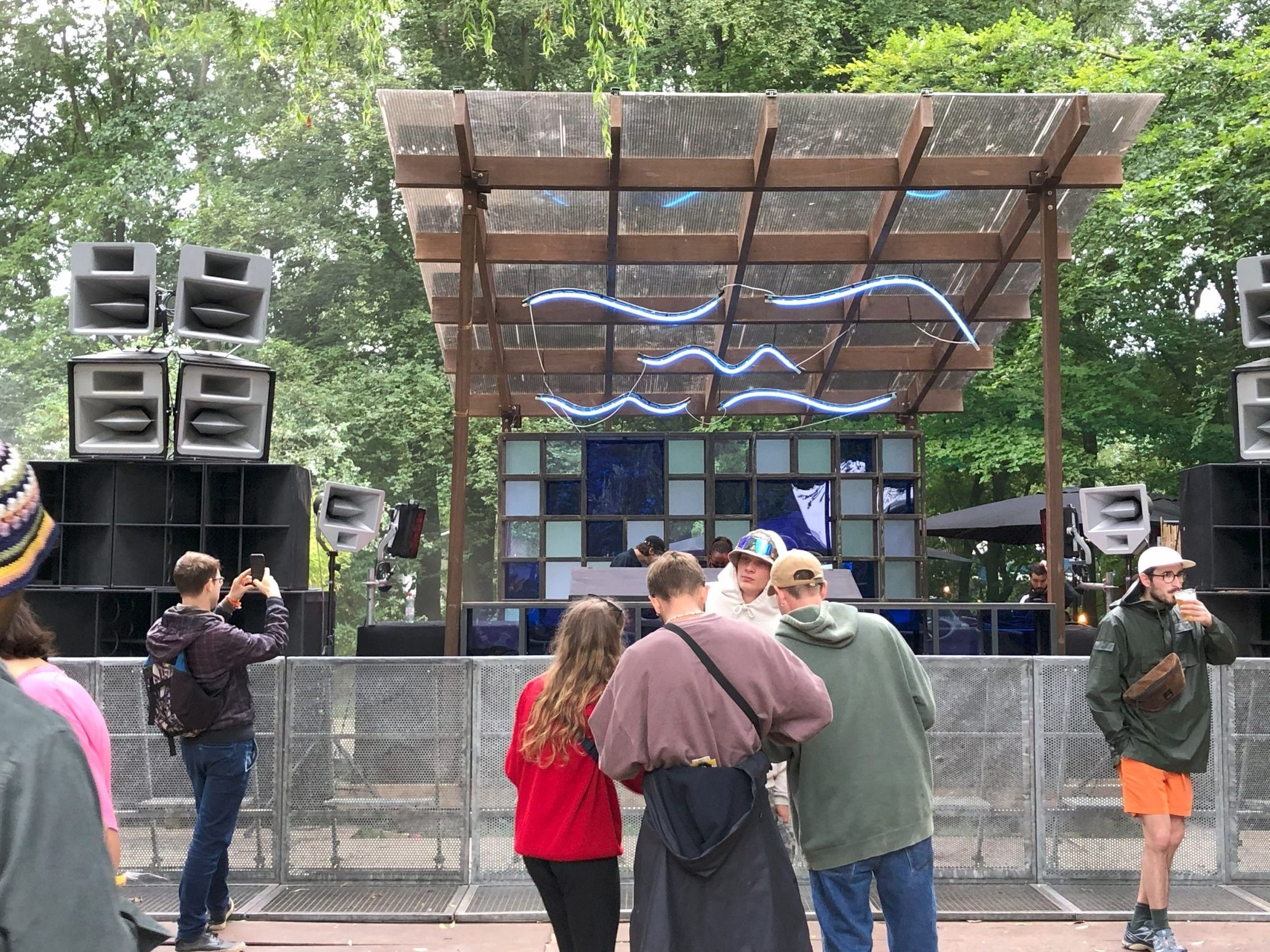
Many top-level music selectors (DJs) performed on the stage this year, just as in previous years: a set featuring the crew of Gop Tun DJ’s, a Brazilian artist collective and record label, along with a B2B session with Orpheu the Wizard, the founder of the now-closed Amsterdam-based online radio station Red Light Radio, and Barcelona talent John Talabot. Highlighting the critical figure Casper Tielrooij of Dekmantel and a B2B session with the acclaimed Jane Fitz, celebrated for her psychedelic dance vibes and popularity in Japan, alongside the Berlin-based Italian artist Marco Shuttle. The lineup tantalized electronic music enthusiasts, continually delivered, and left devoted fans in amazement.
If we pay attention to the Japanese acts, DJ NOBU, who made his return after 2018, remarkably stood out. This year, he appeared on the best techno floor, the UFO I Stage, with a B2B set alongside the latest influential artist in New York, Aurora Halal. They showcased a seamless fusion, offering a mix of standard modern techno to tracks infused with acid and spacey elements, manipulating the dance floor with a sauna-like atmosphere. It seemed they were again sharing the joy of dancing to techno with the audience.
Even off the stage, he interacted with various people, from fans to staff, whether backstage or at different spots within the venue. Observing him actively participate in vibrant discussions, share light-hearted moments, and prioritize interpersonal communication over his role as an artist, his genuine demeanor was impressive.
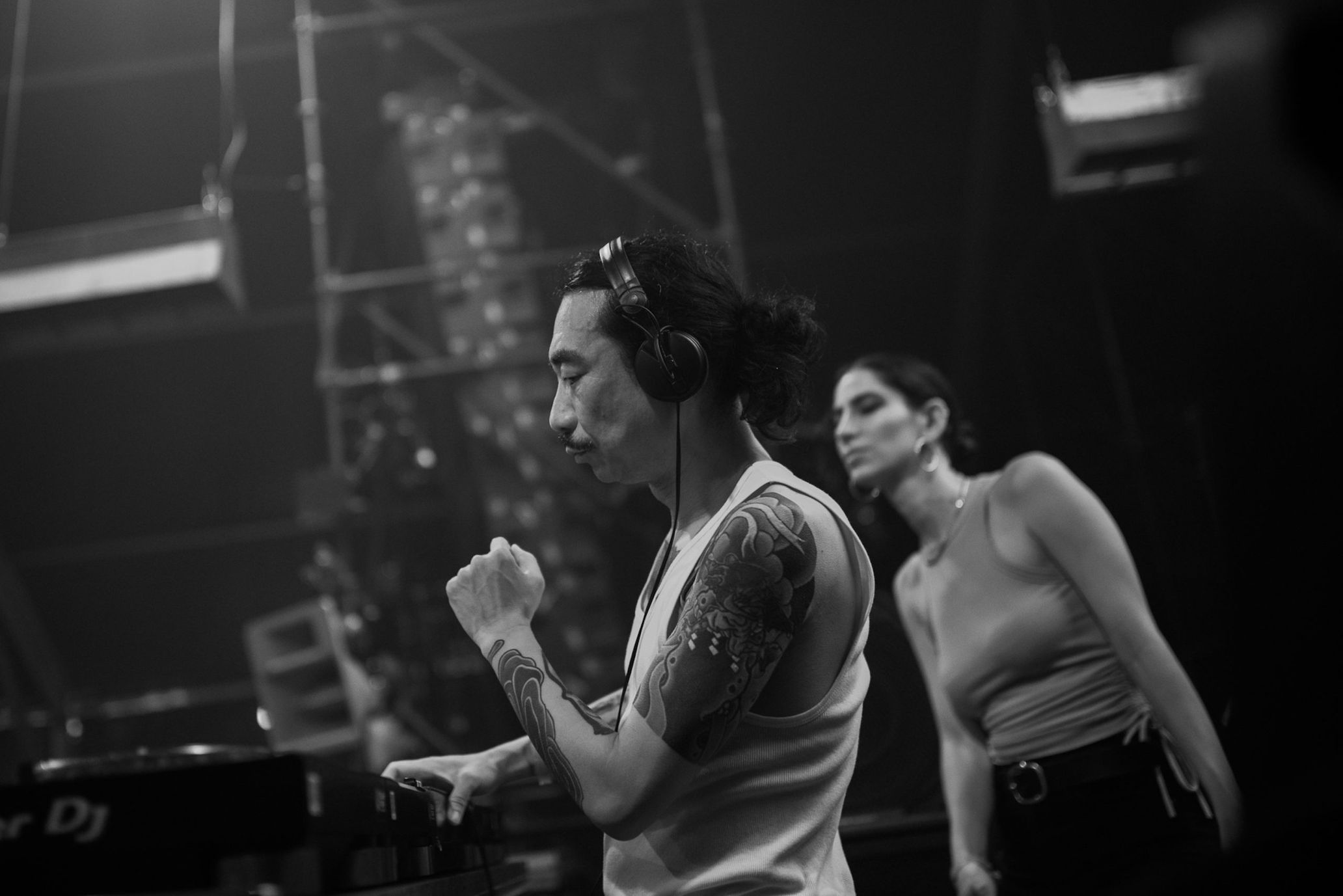
Half an hour before DJ NOBU’s performance, ¥ØU$UK€ ¥UK1MAT$U appeared on the UFO II Stage, where many distinctive techno artists performed. I felt a sense of respect for his natural behavior, which fascinated me immediately.
As his performance started, he poured his heart and soul into the dance floor. Despite the anarchic song selection, his set unfolded with a profound and gentle warmth, and the heavy bass resonated through the body. Halfway through the performance, cheers erupted when he took off his T-shirt, and the masculine and charismatic play enchanted the audience.
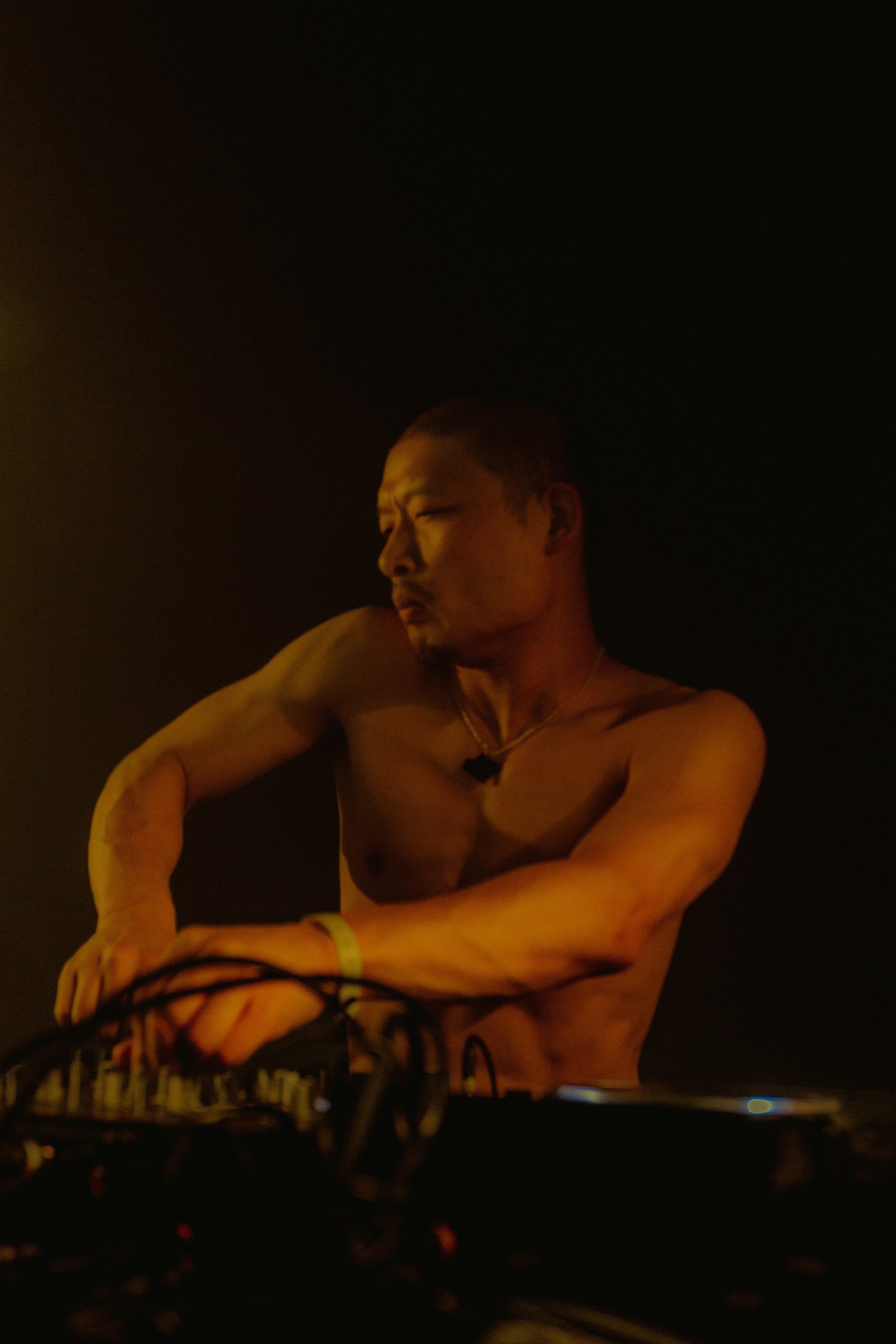
In addition to these two, another artist with a Japanese background took part in the festival. Mika Oki is a DJ and artist born and raised in Paris to a Japanese father and a Spanish mother. She performed her DJ set at the UFO II Stage on the last day of the festival. Drawing inspiration from Autechre’s live performances, her set revealed a varied musical style, featuring Warp-style electronica and tracks influenced by dubstep, reggae, and more.
I had a chance to speak to her after her performance. She shared that she’s been to Japan three times, including a recent visit in April 2023, performing at venues such as Hatagaya’s Forestlimit and Osaka’s CIRCUS. She commended the attentive nature of Japanese audiences, expressing admiration for their dedicated listening to music and her desire to visit Japan more frequently.
Apart from the artists, Japanese elements could be seen in the catering area. FOODESCAPE, offering Japanese soul food such as Okonomiyaki, shows a consistent presence at major music festivals in the Netherlands. About half of the staff is Dutch, and while faithfully recreating the flavors of the stalls, it serves as a venue for the cultural exchange between Japan and the Netherlands.
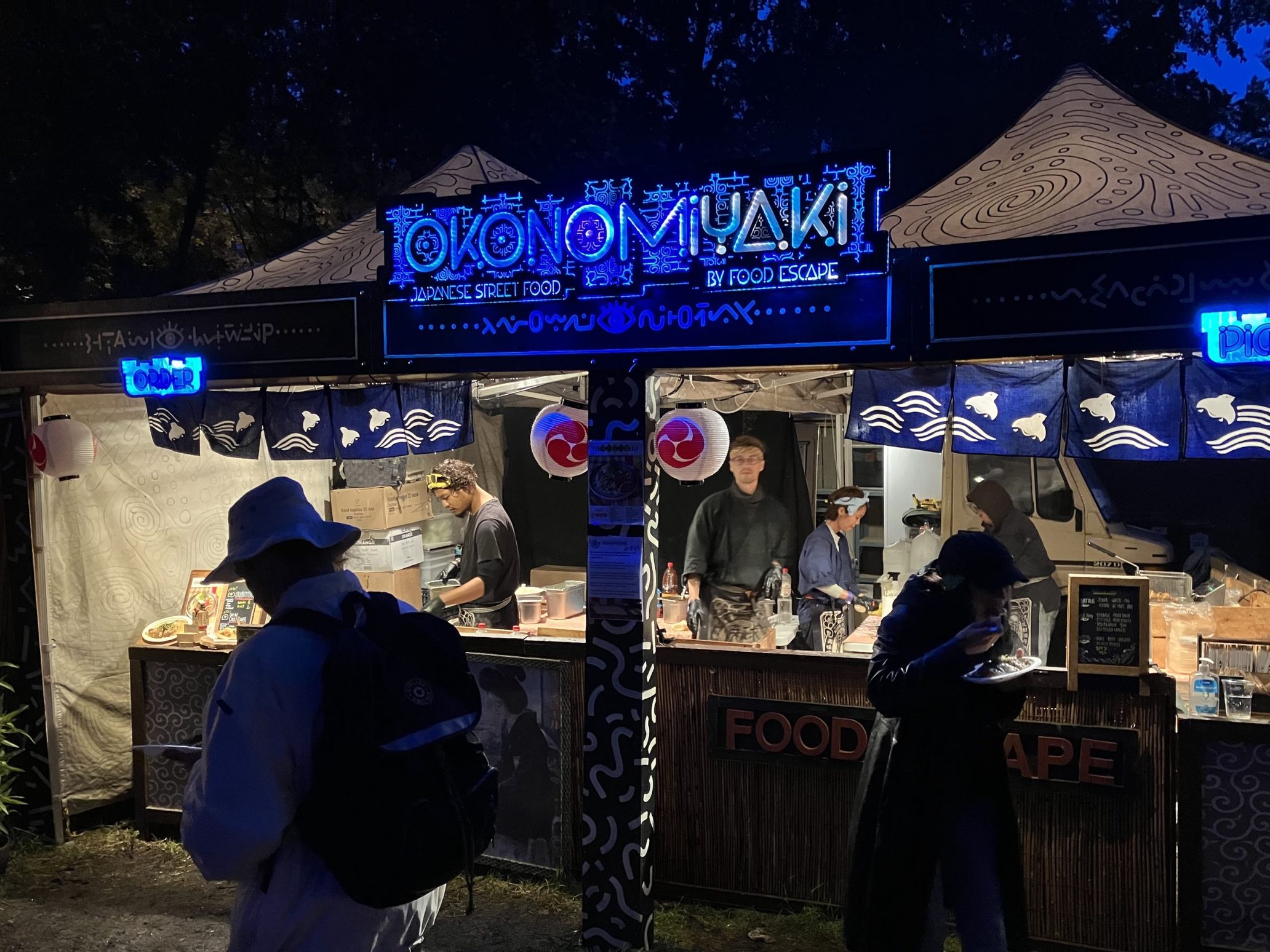
The Berlin-based streaming studio HÖR’s stage
The Radar Stage, formerly known as the Boiler Room stage from 2013 to 2022, drew particular attention at Dekmantel this year. It has now transformed into the stage for HÖR, the Berlin-based streaming studio. Recently establishing a pop-up studio in London, HÖR stands out as one of today’s most vibrant streaming platforms. All performances on this stage were also broadcast live on their platform. This shift doesn’t only mean transforming the streaming platform but also introducing substantial changes to the stage arrangement.
The DJ booth was enveloped in a distinctive arrangement, featuring scaffoldings reminiscent of jungle gyms that might come across as construction sites. The audience can dance on the same floor as the DJs or climb to the upper levels, overlooking the booth while dancing. Such a multi-level floor structure seemed unique in outdoor festivals.
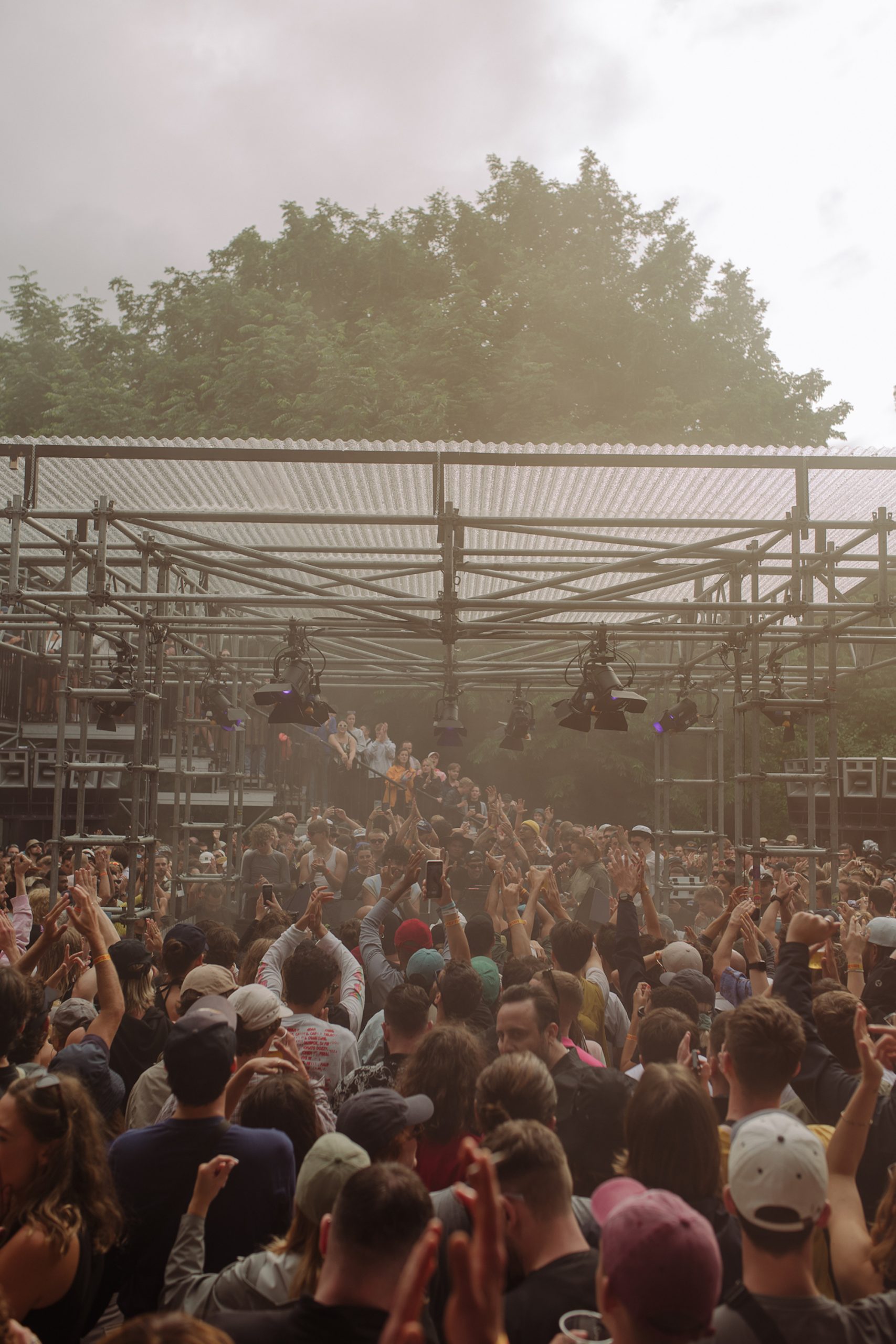
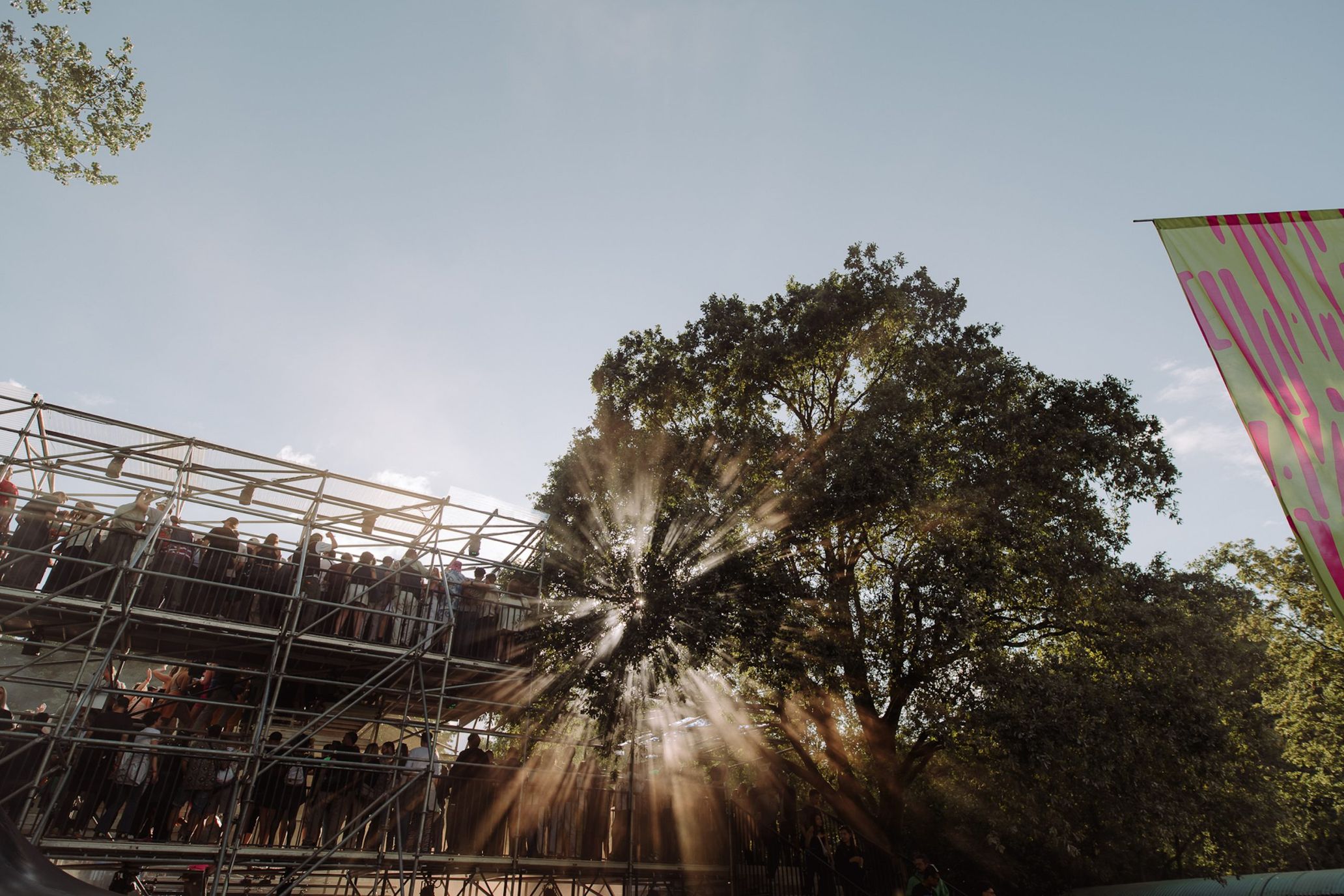
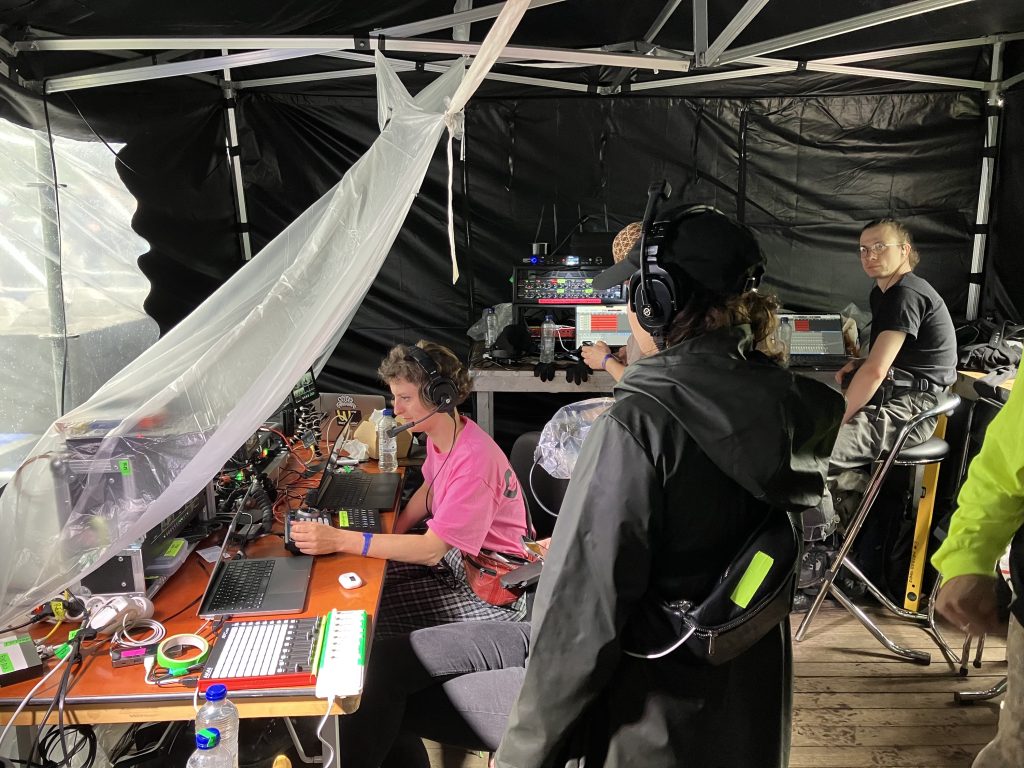
Not only Dekmantel, but many European festivals have increasingly adopted an environmentally conscious approach in recent years. The predominant source of CO2 emissions associated with festival stems from attendees’ and artists’ use of airplanes and cars. Indeed, there are limitations to reducing air travel in festivals that invite many international artists. However, Dekmantel is actively experimenting with strategies to address CO2 emissions, which involves partnering with non-profit organizations to offset greenhouse gas emissions from flights and encouraging the audience to use bicycles to go to the festival site. All to find ways to minimize CO2 emissions.
More and more events in the Netherlands, including Dekmantel, offer a ticket option for CO2 emission offsetting, which allows the audience to contribute an additional 1 euro to the ticket price, supporting initiatives aimed at emission reduction. The festival site was maintained clean throughout, with staff actively involved in litter picking, creating a positive environment.
Also, Dekmantel has been hosting the festival exclusively with 100% renewable biofuels since 2016.
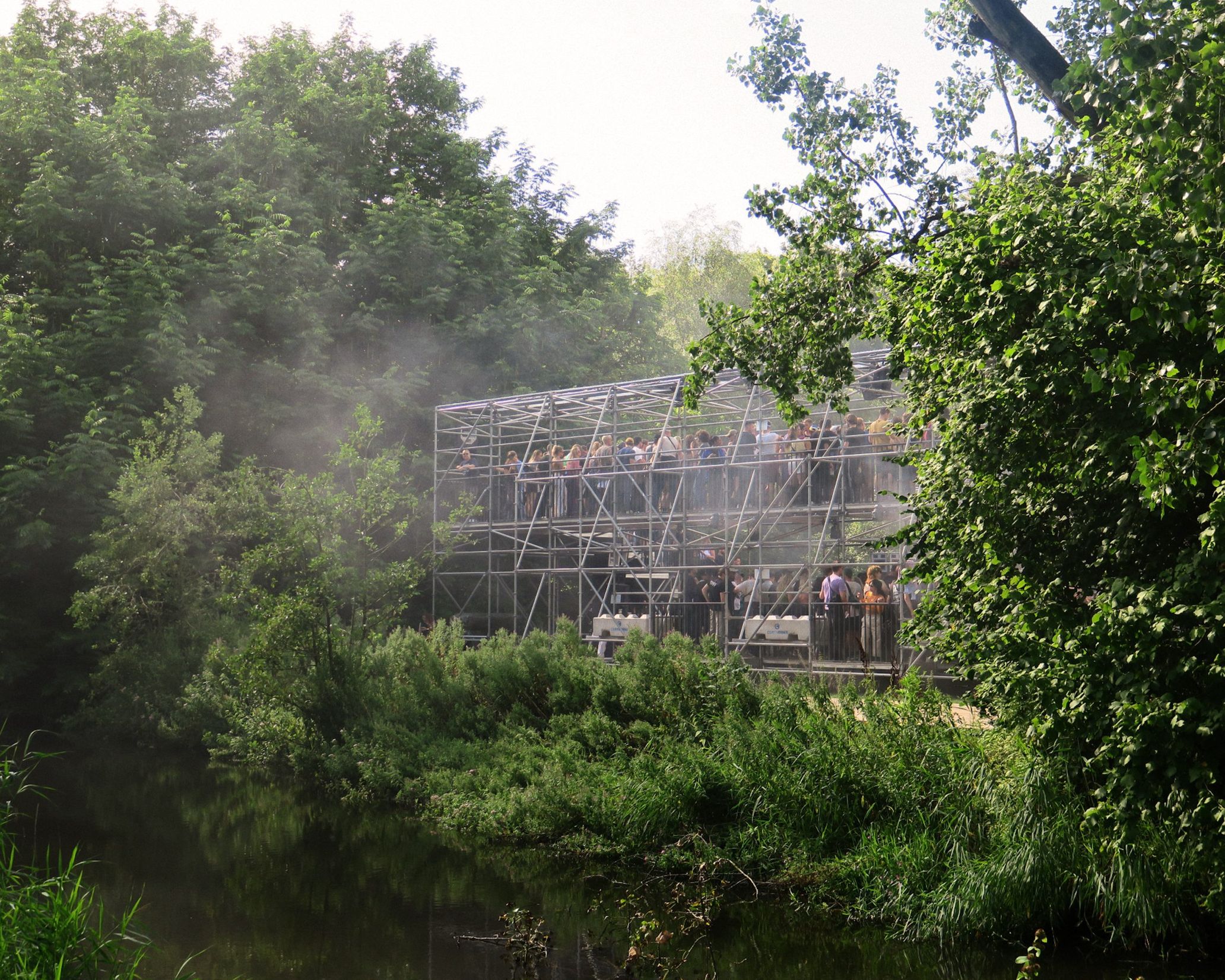
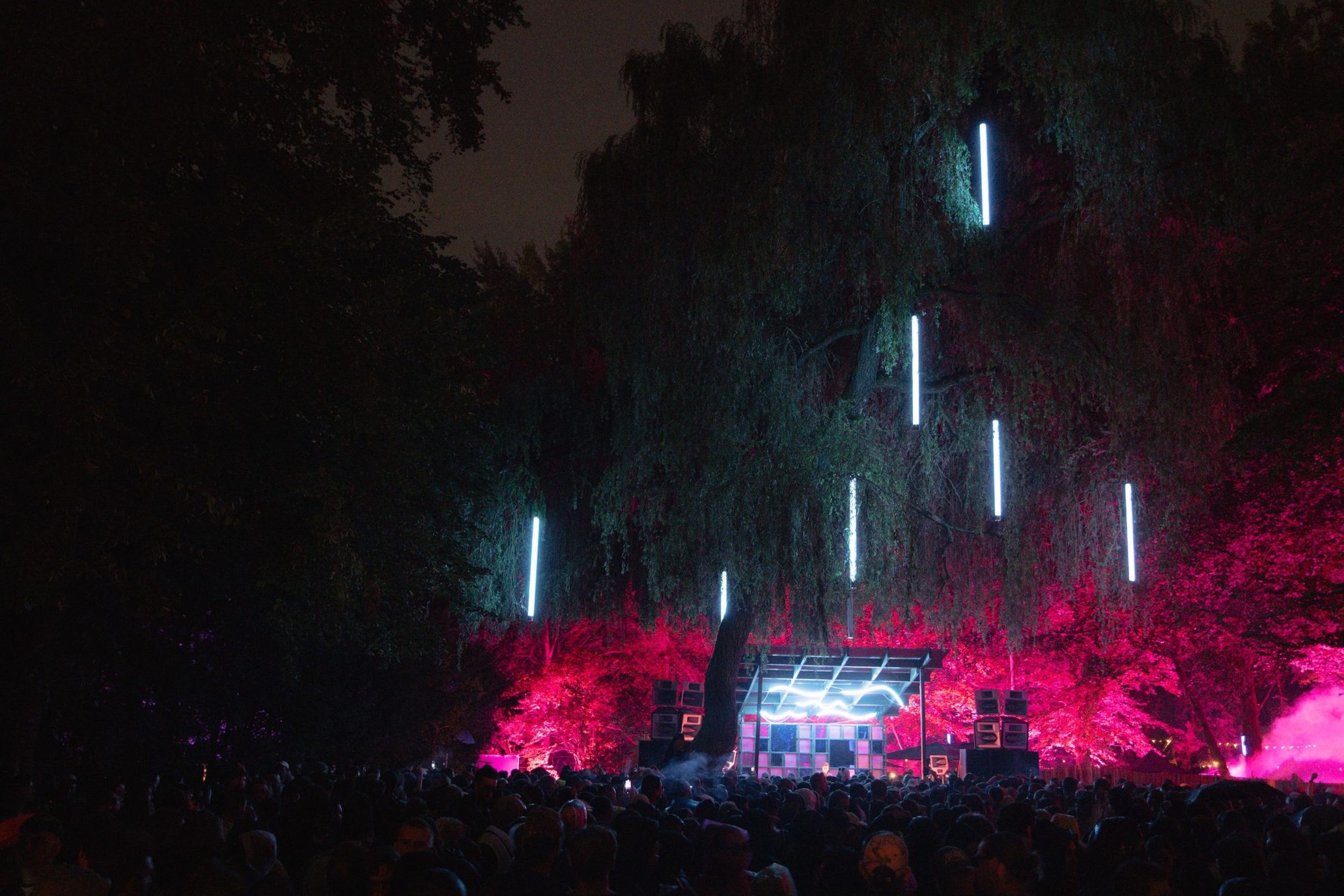
Dekmantel festival made a significant impact as a massive event, with its numerous stages, each characterized by its scale and impressive number of attendees. Although dance music is still a niche genre in the Japanese scene, it was surprising to witness an event of such scale in the Netherlands, where the population is smaller than Japan.
From promising newcomers to seasoned veterans, the lineup provides a diverse range to delve into the core and origins of dance music. This year, they showcased a prevalent presence of high-BPM rave techno, drum and bass, and breakbeat sounds.
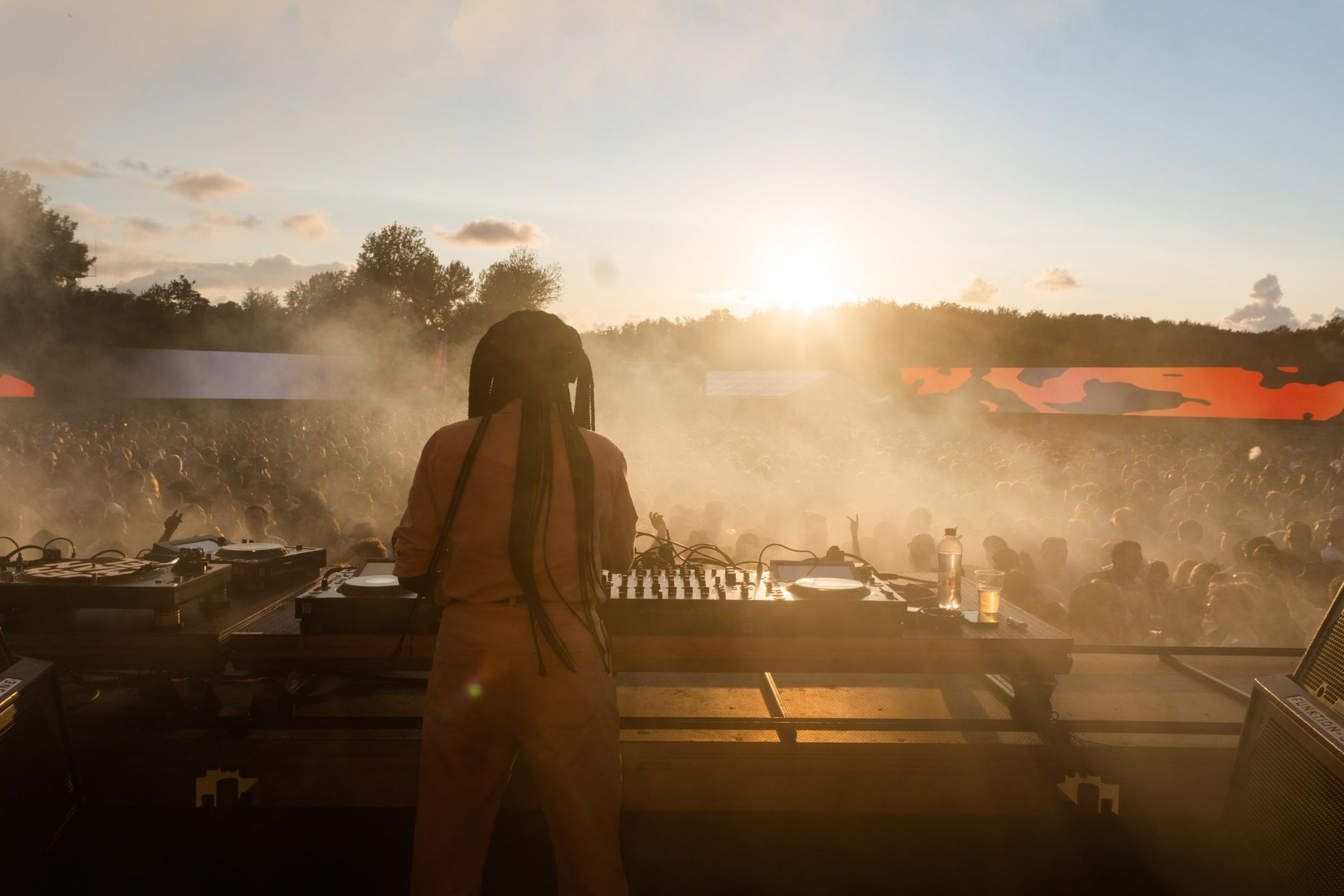
This year, rain persisted consistently from late Saturday afternoon to Sunday, coupled with low temperatures. Despite these severe conditions, their dance moves were energetic, as if it were not raining.
There seemed to be so much for Japanese events to learn from their proactive initiatives toward environmental issues, which came to mind when walking out of the venue after the five days at Dekmantel.
Direction Kana Miyazawa
Photography Yannick van de Wijngaert、Pierre Zylstra、Tim Buiting、Sofia Baytocheva、Jente Waerzeggers、So Oishi、Nori
Support So Oishi
Translation Takahiro Kanazawa

